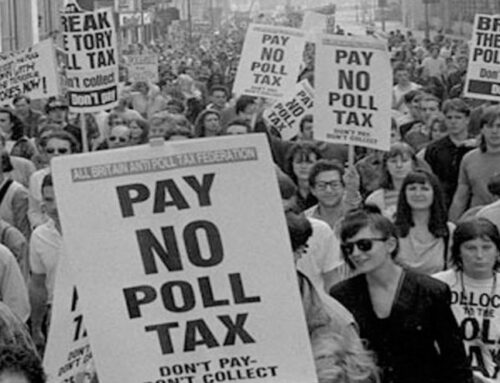Be clear about your expectations.
You’ve signed a lease with your new tenant. You can breathe a sigh of relief! You’ll have monthly cash flow coming in. But you may be all too familiar with the horror stories. The tenant that started out great but became a nightmare.
The landlord-tenant relationship has a strained reputation. Believe it or not, it doesn’t have to be that way. Tenants and landlords can have excellent business relationships for years.
How? You might ask. By avoiding disputes.
Set clear expectations upfront
You need to establish clear expectations on the front end. A rock-solid lease is the best tool for the job. If something does happen, it tells the court that you both agreed to the terms in writing.
But all that legal jargon can make a person’s head spin. It’s important to go over the lease with your new tenant. This way you can answer any questions they have before you both sign the lease.
Want to take this a step further? Create a handbook for your tenant. It should include important information using language that is easy to understand.
- Answers to frequently asked questions.
- Where to pay rent and what forms of payment you accept.
- How to submit a maintenance request.
- Landlord’s hours of operation and contact information.
- If applicable, community amenity rules.
- Requirements of the tenant like changing the air filter.
Making a handbook does not automatically protect you from every dispute. Sometimes, despite your best efforts, conflicts happen.
But it can prevent an avoidable misunderstanding from bubbling to the surface.
Don’t put maintenance requests on the back burner
Let’s say the furnace in your rental breaks down. The tenant submits a maintenance request, but you don’t respond. The tenant can withhold rent.
That will get you on the ball fast. Frankly, it should never get to that point though. As the landlord, you must keep the unit habitable. This includes working plumbing, electricity, heat and other items determined by the state.
Be diligent with all maintenance requests. Even the ones that aren’t emergencies. This doesn’t mean you have to drop everything for a minor repair. But you do need to connect with your tenant. Let them know when you’ll take care of the problem.
Don’t show up unannounced
It’s your house, so you can go in when you want right? Wrong! When you have a tenant in your rental, there are laws protecting their privacy. Laws and lease agreements vary, but you are generally required to give your tenants between 12 to 48 hours’ notice before entering the home.
Keep yourself out of hot water by sending this notice in writing. This will help you avoid a potential disagreement down the line.
Some tenants want to be home when you show up. That’s understandable. On the maintenance request, make sure they state whether you may enter if they are not home. Most tenants understand that the repair must be scheduled further out if they want to be there.
Screen your tenants
You can avoid a disaster before you are close to the lease stage. A detailed screening process is how it’s done.
You must follow federal and state fair housing laws. There are some things you can’t ‘screen’ for. Otherwise, you risk a discrimination lawsuit.
Examples include:
- Disability
- Gender
- Familial Status
- Race
- National Origin
- Religion
- Color
You can still have high standards for your tenants though. The key is consistency. Screen every prospect with the same qualifications. Here are a few key ways to ensure that your tenant is screened thoroughly:
Credit checks
Have a minimum credit score you will accept. Be sure to look for evictions and bankruptcies on the credit report, too.
Criminal checks
Criminals are not a protected class. You are not obligated to rent to violent felons or repeat offenders.
Income verification
Does the person have enough monthly income to cover rent? Rent should not exceed around 30% of the monthly income.
Employment verification
Are they currently employed? How long have they been there? You don’t want a tenant who may not have a job next week.
Landlord reference check
Evictions should show up on the credit report. But, if the tenant owes money for damages, or repeatedly violated the lease, you will want to know.
Only renting to tenants that meet your qualifications is one of the best ways to avoid a dispute. If they were a headache for the last landlord, they will likely be a headache for you. No one needs that.
Landlord-tenant disputes are a hassle. Luckily, many are avoidable. Only rent to quality tenants, explain expectations upfront and hold up your end of the deal. It really is that simple.






Leave A Comment